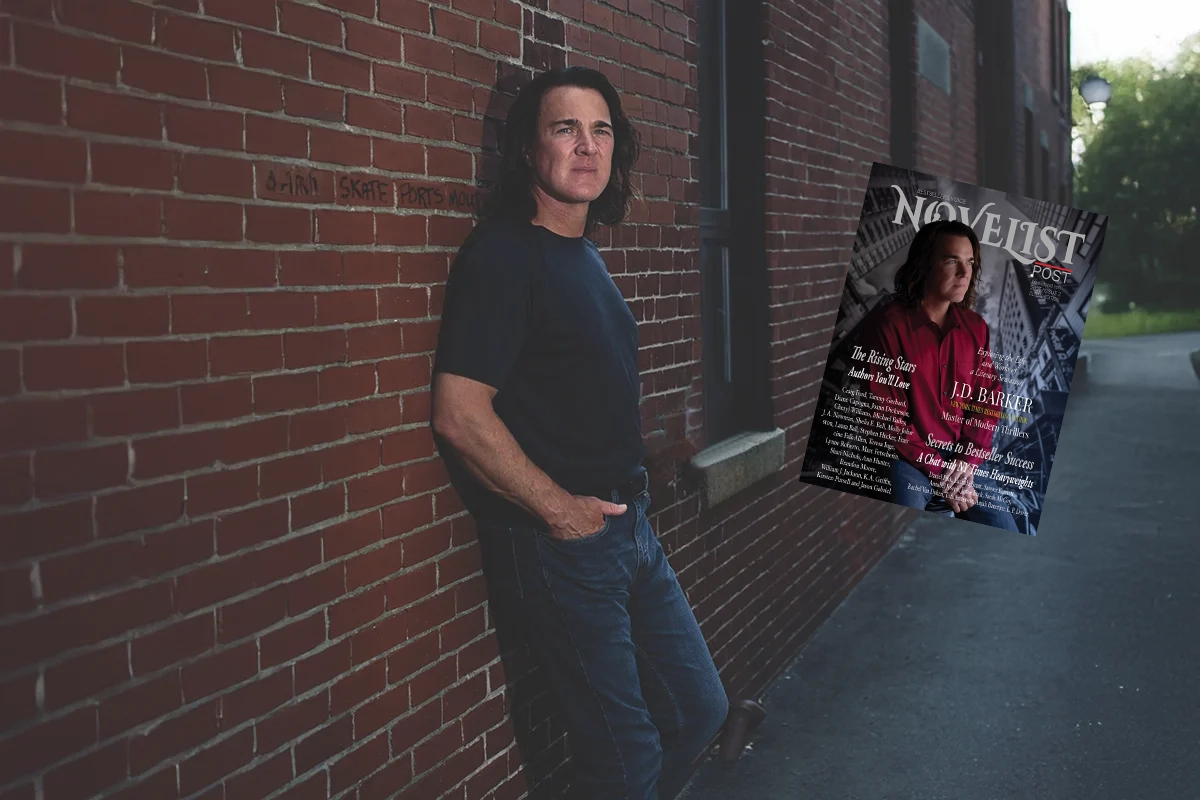PHOTO: Jonathan Cox masterfully combines real police experience with compelling storytelling, delivering gripping, authentic crime fiction that resonates deeply with readers and law enforcement alike.
Authentic Crime Fiction Inspired By A Veteran Metropolitan Police Officer
Jonathan Cox draws from over 20 years in law enforcement to create authentic, morally complex police procedurals, blending real-life corruption cases and covert operations into his bestselling Nostrils series.
Jonathan Cox, renowned author and former Metropolitan Police officer, has forged a compelling niche in British crime fiction with his Nostrils series. Drawing directly from his extensive law enforcement career, Cox crafts gripping police procedurals that blend stark realism with complex characters and morally challenging storylines.
Cox’s debut, The Blue Trilogy, was penned shortly after he retired from the Metropolitan Police in 2013. What began as a planned trilogy swiftly expanded to eight books due to overwhelming success and reader demand. The series centers around PC Chris Pritchard, affectionately known as “Nostrils,” whose flawed nature and gritty experiences have captivated a wide audience—including serving and retired police officers—making the series a cult favourite.
Jonathan Cox masterfully combines real police experience with compelling storytelling, delivering gripping, authentic crime fiction that resonates deeply with readers and law enforcement alike.
At the core of Cox’s writing lies an unflinching exploration of police corruption in the 1980s, particularly the concept of “noble cause corruption.” This form of malpractice involves officers who break rules, not for personal gain, but believing their actions serve the greater good. Cox’s firsthand experience investigating corruption in both the UK and abroad infuses his novels with an authenticity rarely matched in the genre.
Cox chose to depict PC Pritchard as an anti-hero, reflecting his belief that no one is purely good or evil. “We are all a mix of good and bad, light and dark,” he says. This complexity allows readers to connect deeply with Pritchard, whose morally ambiguous decisions often provoke reflection and empathy despite their flaws. A reviewer aptly described Pritchard as “a character more flawed by events than his own nature,” a phrase Cox embraces as central to the series’ appeal.
The author’s background in covert operations and witness protection enriches the narrative detail throughout the series. His expertise in directed surveillance and counter-terrorism lends credibility to the tactics and high-stakes scenarios depicted in the books. Cox is careful not to reveal sensitive methods, balancing realism with respect for ongoing police work.
One significant relationship in From Green to Blue, the first book in the series, is the mentorship and bond between PC Pritchard and WPC Dawn Matthews. This was inspired by Cox’s own experience with a tough yet impactful mentor during his early police career. Although Cox’s real-life relationship didn’t develop into a personal one, reconnecting with his mentor decades later brought a rewarding closure.
Balancing the demands of factual accuracy with engaging fiction has been a natural process for Cox. Having witnessed many extraordinary and often dramatic events firsthand, he rarely needs to invent plotlines. “Ninety percent of From Green to Blue happened—maybe not to me, but certainly to others I worked with,” he explains. This foundation in truth gives his work a rare authenticity that resonates strongly with readers.
Feedback from police readers remains particularly meaningful for Cox. Positive messages from former colleagues bring back vivid memories and remind him of the camaraderie forged during their shared service. He also values hearing from civilian readers who feel they’ve experienced police life vicariously through Pritchard.
To retired officers considering writing about their own law enforcement experiences, Cox offers encouraging advice: “Go for it! You might capture your memories for loved ones, or even write a best-seller.” He also highlights the creative freedom fiction provides and welcomes anyone interested in writing to reach out to him directly.
Jonathan Cox’s stories offer an unrivaled window into the complex, often shadowy world of policing, told by someone who has lived it. His blend of gritty realism and nuanced storytelling makes the Nostrils series essential reading for crime fiction enthusiasts and those seeking an authentic voice in the genre.
This article was adapted from an interview with Jonathan Cox in the latest issue of Reader’s House.










